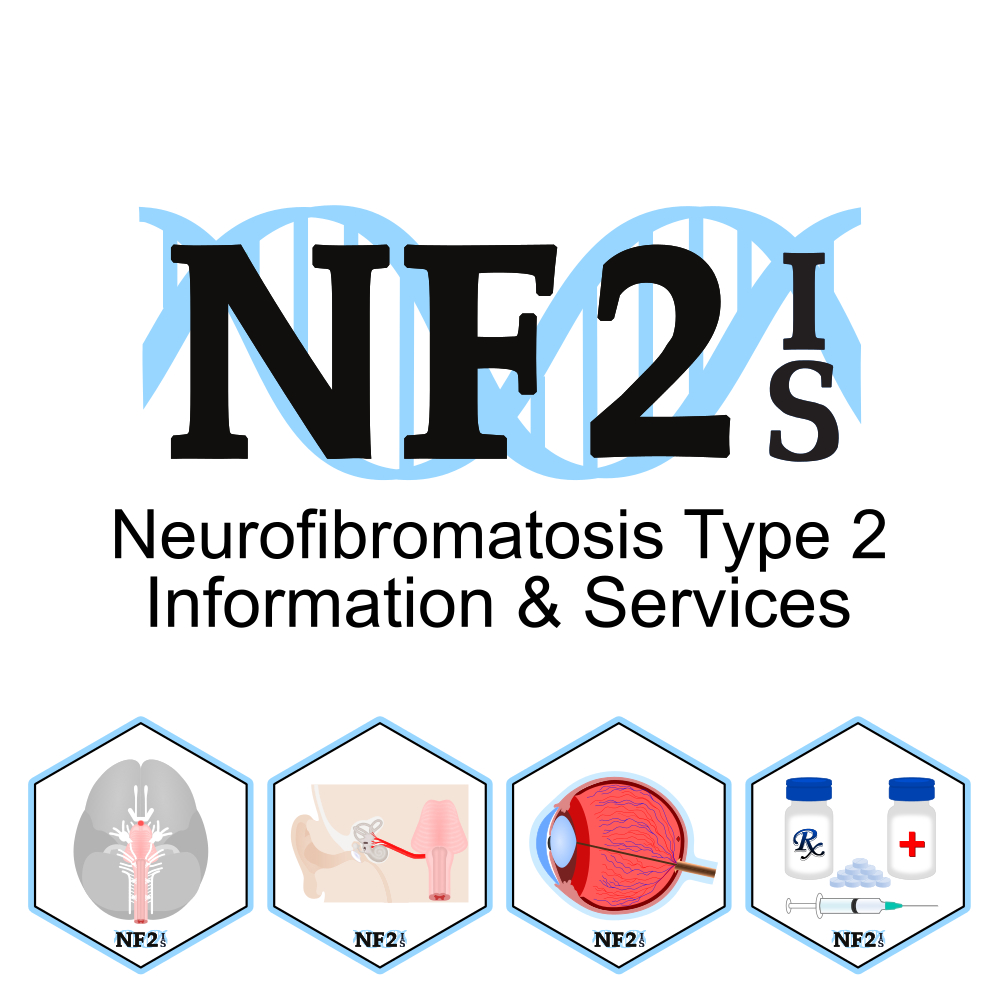Home > NF2 Facts & Information >
Rate of Healing
Index
- Factors Affecting Wound Healing
- Recovery Time
- Increased Healing
- Reference Source
Also See:
Factors Affecting Wound Healing
Following damage to the body, whatever the exact reason, the body follows phases for the healing process till full recovery is reached. The healing process must occur in the proper sequence, at a specific time, within a specific time frame, and continue for a specific duration for wound healing to reach maximum effectiveness. Complete wound healing can take years, depending on the extent of damage.
Anything that delay the wound healing process while it is still in progress, results in incomplete or impaired wound healing for things like nerve damage as a result of surgery.
Factors that affect wound healing include; Glucocorticoid Steroids, Non-steroidal Anti-inflammatory Drugs, Chemotherapy, Radiation Therapy, Age (over 60), Gender, Sex Hormones (women over 60 do better than men due to estrogen), Stress, Ischemia (restriction in blood supply to tissues), Diabetes, Keloids, Fibrosis, Hereditary Healing Disorders, Jaundice, Uremia, Obesity, Alcohol Consumption, Smoking, Cancer, AIDS and Nutrition (carbohydrate, protein, fat, vitamin, and mineral metabolism).
"Protein is one of the most important nutrient factors affecting wound healing. A deficiency of protein can impair capillary formation, fibroblast proliferation, proteoglycan synthesis, collagen synthesis, and wound remodeling. A deficiency of protein also affects the immune system, with resultant decreased leukocyte phagocytosis and increased susceptibility to infection."
Recovery Time
Different rates of healing for different issues. Some things might help increase and decrease ability to heal as well as the speed of recovery.
- Skin: Skin regenerates itself after 7 days.
- Cuts: Cuts heal in 7-14 days.
- Cells: Every cell in the entire body including the skeleton, regenerates in 7 years.
- Cranial Nerves: Cranial Nerves, nerves in the brain, are particularly sensitive and have a much less chance to heal correctly than nerves in any other area of the body, even after minimal damage.
- Brain and Spine: It takes 6 months for nerves, brain or spine, to show signs of healing.
- Brain and Spine: Nerves in the brain and spine, are going to do the majority of healing in the first year after damage.
- Brain and Spine: Nerves in the brain and spine, continue to heal for 3 years after they are damaged.
- Tumors and Brain Matter: Slow growing Schwannoma and Meningioma brain tumors, allow for adaption and less of a chance for damaged to the brain and might just result in Migraines and Concentration issues.
- Surgery and Brain Matter: Rate of healing is different for everyone. There are many variables that can determine how fast recovery can be.
- Tumor Suppressors: Tumor Suppressors lower and can prevent Healing while taking them. Would include possible infections as well as inability for surgical healing to reach it's maximum potential.
- Circulation: Poor circulation can lower the chance of healing. Drinking more water, less caffeine and getting exercise can help circulation.
Increased Healing
- Vitamin B12. Vitamin B12 is required for proper red blood cell formation, neurological function, and DNA synthesis. For individuals with NF2 there is not enough B12 found in food alone.
- Physical Therapy. The sooner physical therapy like issue specific exercises or acupuncture are started after issues develop the better the chance of the most amount of healing. Each day lost will result in less potential healing.
- Nutrition. Water, Fruit, Vegetables and Fish are a good way to encourage healing. Breads, Red Meat, Sugar and Alcohol can decrease the ability to heal.
